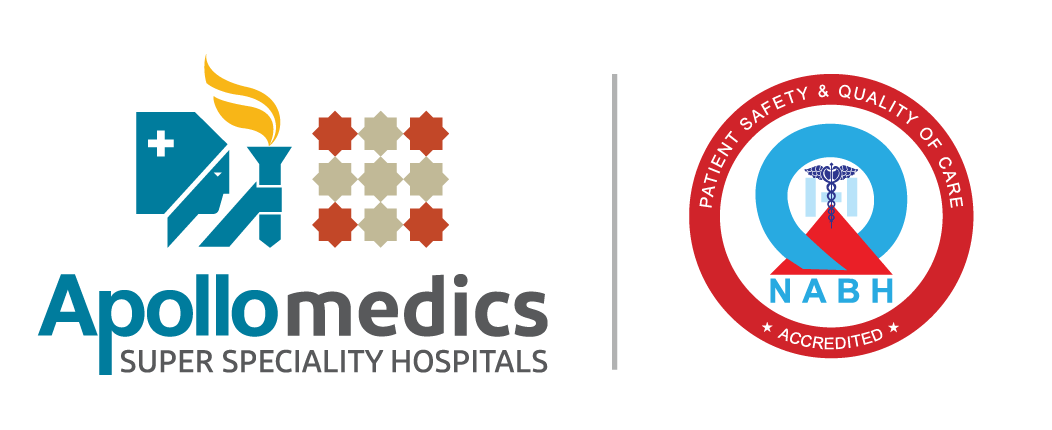5 Most common emergencies
Medical emergencies are life-threatening situations that necessitate immediate treatment. Your actions during these emergency situations can mean the difference between life and death. You can do so by recognising and responding to warning signs in such circumstances. The following are some of the most common medical emergencies that people face:
1. Bleeding
Cuts and wounds cause bleeding, but serious injury can also result in internal bleeding that is not visible.
Not all cases of bleeding require emergency medical attention; many can be treated at home with first aid after consulting with a pharmacist or GP.
However, you must seek emergency medical attention
- If you are unable to control the bleeding after administering first-aid treatment.
- There appears to be an object within the wound or it appears to be deep.
- Tissue or bone can be seen.
When there is a significant amount of blood loss, the injured person may become ill, appear pale, dizzy, and, in some cases, lose consciousness. If this occurs, immediate medical attention is required.
2. Breathing Difficulties
There is a broad range of reasons why someone may have breathing difficulties. Asthma attacks, allergic reactions (anaphylaxis), and coughs or colds are examples.
Breathlessness can occur during exercise or physical activity, but if it occurs suddenly or unexpectedly, it can be a red flag.
When someone has breathing problems, they may experience some or all of the following symptoms:
- Pain when taking deep breaths or a tight feeling in their chest
- They are feeling out of breath or unable to catch their breath.
- Shallower or faster breathing than usual
- Noisy breathing, such as a wheeze, gasp, or whistle
When someone is having difficulty breathing, they may become panicked, which can further impair their breathing.
3. Heart attack
A heart attack is a potentially fatal medical emergency in which the supply of blood to the heart is suddenly cut off.
Heart attacks are more common in adults, but they can happen to children and teenagers as well.
If you suspect someone is having a heart attack, call us at Apollomedics hospitals emergency number immediately and inform them that someone is having a heart attack.
If you are having a heart attack, you may notice some of the following symptoms:
Chest pain, such as pressure, tightness, or squeezing in the centre of the chest
Emanating pain radiating from the chest to the left arm. In some cases, both arms, as well as the neck, jaw, back, and stomach, can be affected.
- Breathing difficulties or shortness of breath
- Wheezing or coughing
- Being or feeling sick
- Dizziness or lightheadedness
- Sweating
- Anxiety or a sense of impending doom
While severe chest pain is one of the most common symptoms of a heart attack, some people do not experience severe pain and instead experience discomfort similar to indigestion.
4. A Stroke
A stroke is a potentially fatal medical condition that occurs when the blood supply to a portion of the brain is cut off.
This can occur as a result of a blood clot or bleeding in the brain.
Time is the most important factor for someone who is having or has had a stroke. The sooner someone receives emergency medical treatment, the less likely it is that long-term damage will occur.
If you suspect that someone is having or has had a stroke, call our Apollomedics emergency number right away and inform them that someone is having a stroke.
5. Seizures and Fits
Fits and seizures can occur in people with epilepsy, but they can also occur in people who do not have such a diagnosis.
A fit or seizure can cause involuntary and uncontrollable jerking, twitching, or shaking of a portion or the entire body.
Another type of fit or seizure can involve no or minimal movement of the body, as well as the appearance of a person staring into space. A person in this situation is unlikely to respond when spoken to.
It’s important to remember not to move or try to stop someone from shaking if they’re having a fit or seizure unless they’re in danger.
It is critical that one should seek medical attention after having a fit or seizure. If someone is known to have fits or seizures, they may have a medical plan in place that specifies what steps must be taken following the fit.
Note: During medical emergencies, never delay in providing first aid to victims. Identify the signs and provide suitable and timely assistance to save their lives. While aiding the victim, you can always ask for help from others. Self-care is just as important as providing first aid during a medical emergency.



